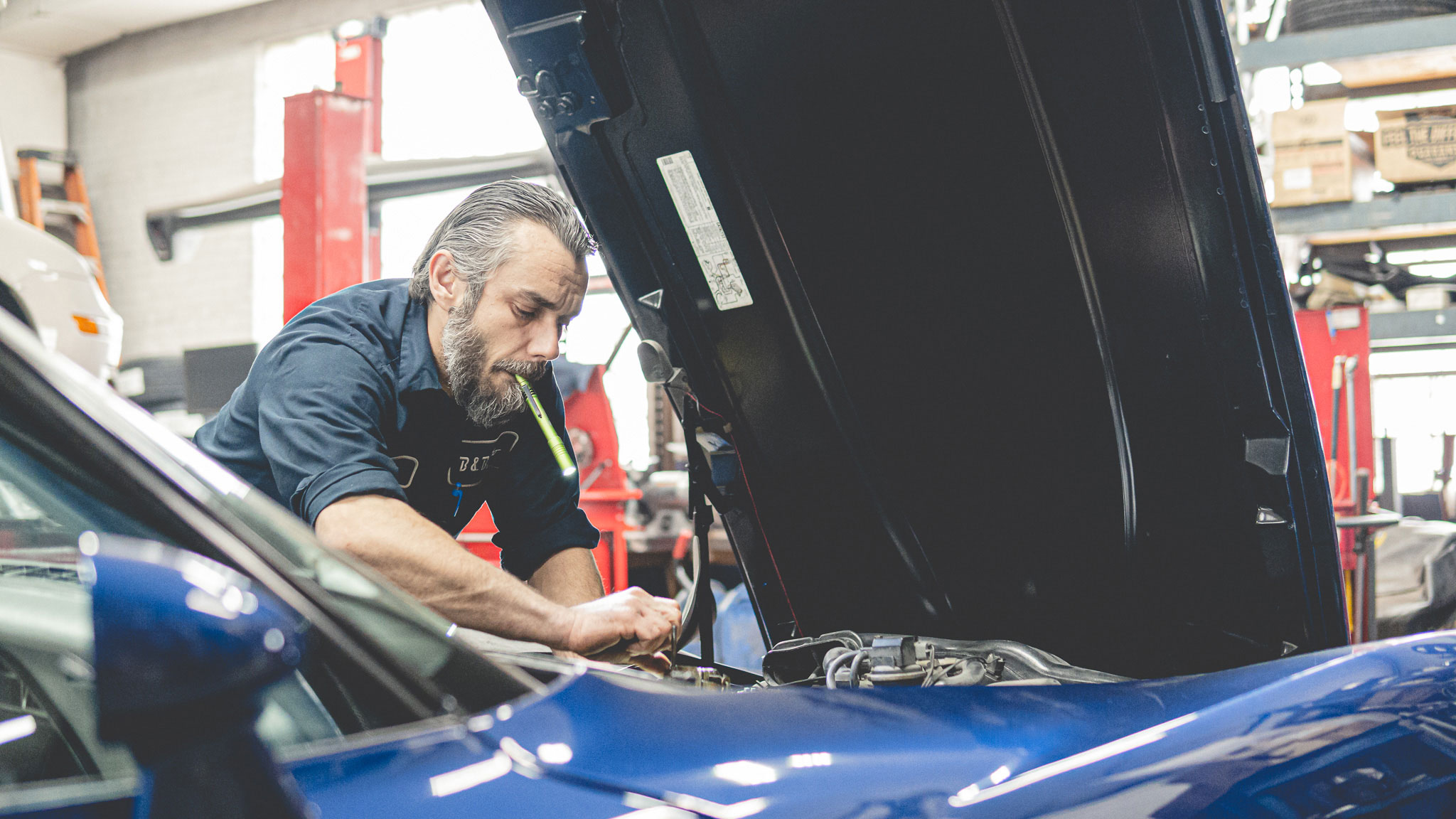All Categories
Featured
Unforeseen lorry fixings can interrupt your financial resources, making automotive repair work insurance coverage an eye-catching alternative for several drivers. Whether you're a brand-new auto owner or taking care of an older car, recognizing the information of automotive repair insurance and insurance coverage is essential for making notified decisions.
What Is Automotive Repair Insurance?
Automotive fixing insurance, commonly called mechanical break down insurance (MBI), is a policy developed to cover the costs of repairing or replacing lorry parts after a breakdown. Unlike standard auto insurance, which deals with accident-related damages, repair insurance policy concentrates on mechanical problems unassociated to crashes.
What Does It Cover?
The certain insurance coverage varies depending on the insurance firm and the plan you pick. Usually, repair insurance covers:
Engine Services: Consisting of elements like the timing belt, pistons, and cyndrical tube heads.
Transmission Fixes: Treatment the transmission and associated parts.
Electric System: Addressing issues with generators, starters, and onboard computer system systems.
Cooling and Home Heating Equipments: Such as radiators, thermostats, and cooling units.
![]()
Guiding and Suspension: Including shocks, shows off, and power steering systems.
However, policies frequently omit routine upkeep, wear-and-tear products like brake pads or tires, and cosmetic problems.
![]()
Who Demands Automotive Repair Service Insurance?
While repair work insurance coverage isn't compulsory, it can be useful for:
Proprietors of Older Cars: If your auto is out of service warranty, repair service insurance policy can supply satisfaction versus pricey break downs.
Constant Travelers: High-mileage vehicle drivers are most likely to experience mechanical problems, making coverage a rewarding financial investment.
Chauffeurs of Expensive Models: Luxury or specialty automobiles often have higher repair service prices, which can be reduced by insurance policy.
Key Advantages
Financial Protection: Aids avoid huge, unanticipated repair costs.
Versatility: Plans can be customized to cover certain elements or systems.
Satisfaction: Minimizes tension regarding potential failures.
Considerations Before Getting
Prior to devoting to an automobile repair work insurance plan, take into consideration these factors:
Plan Terms and Problems: Review what is and isn't covered to avoid surprises during a case.
Deductibles: Recognize the out-of-pocket costs you'll need to pay before insurance coverage begins.
![]()
Service Center Options: Some insurance firms need you to use particular repair work facilities, which could be troublesome.
Premium Expenses: Weigh the yearly price of the policy against the possibility of needing major fixings.
Existing Service Warranty: Inspect if your car's manufacturer or supplier warranty currently supplies adequate coverage.
Final Thoughts
Automotive fixing insurance policy can be an important safeguard, specifically for chauffeurs concerned about the high costs of unforeseen repairs. By carefully evaluating policy options and straightening them with your driving behaviors and automobile requirements, you can determine if this protection is right for you. For included security, constantly preserve regular car maintenance to decrease failure risks and optimize your insurance policy benefits.
What Is Automotive Repair Insurance?
Automotive fixing insurance, commonly called mechanical break down insurance (MBI), is a policy developed to cover the costs of repairing or replacing lorry parts after a breakdown. Unlike standard auto insurance, which deals with accident-related damages, repair insurance policy concentrates on mechanical problems unassociated to crashes.
What Does It Cover?
The certain insurance coverage varies depending on the insurance firm and the plan you pick. Usually, repair insurance covers:
Engine Services: Consisting of elements like the timing belt, pistons, and cyndrical tube heads.
Transmission Fixes: Treatment the transmission and associated parts.
Electric System: Addressing issues with generators, starters, and onboard computer system systems.
Cooling and Home Heating Equipments: Such as radiators, thermostats, and cooling units.

Guiding and Suspension: Including shocks, shows off, and power steering systems.
However, policies frequently omit routine upkeep, wear-and-tear products like brake pads or tires, and cosmetic problems.

Who Demands Automotive Repair Service Insurance?
While repair work insurance coverage isn't compulsory, it can be useful for:
Proprietors of Older Cars: If your auto is out of service warranty, repair service insurance policy can supply satisfaction versus pricey break downs.
Constant Travelers: High-mileage vehicle drivers are most likely to experience mechanical problems, making coverage a rewarding financial investment.
Chauffeurs of Expensive Models: Luxury or specialty automobiles often have higher repair service prices, which can be reduced by insurance policy.
Key Advantages
Financial Protection: Aids avoid huge, unanticipated repair costs.
Versatility: Plans can be customized to cover certain elements or systems.
Satisfaction: Minimizes tension regarding potential failures.
Considerations Before Getting
Prior to devoting to an automobile repair work insurance plan, take into consideration these factors:
Plan Terms and Problems: Review what is and isn't covered to avoid surprises during a case.
Deductibles: Recognize the out-of-pocket costs you'll need to pay before insurance coverage begins.

Service Center Options: Some insurance firms need you to use particular repair work facilities, which could be troublesome.
Premium Expenses: Weigh the yearly price of the policy against the possibility of needing major fixings.
Existing Service Warranty: Inspect if your car's manufacturer or supplier warranty currently supplies adequate coverage.
Final Thoughts
Automotive fixing insurance policy can be an important safeguard, specifically for chauffeurs concerned about the high costs of unforeseen repairs. By carefully evaluating policy options and straightening them with your driving behaviors and automobile requirements, you can determine if this protection is right for you. For included security, constantly preserve regular car maintenance to decrease failure risks and optimize your insurance policy benefits.
Latest Posts
Smooth Floor Covering Setup-- The Carpet Interiors Floor & Home Means
Published Apr 20, 25
2 min read
Your Neighborhood Floor Covering Experts in Orland Park, IL
Published Apr 20, 25
1 min read
Optimize Your Cost Savings Prospective with WyHy MAX Money Market
Published Apr 20, 25
1 min read
More
Latest Posts
Smooth Floor Covering Setup-- The Carpet Interiors Floor & Home Means
Published Apr 20, 25
2 min read
Your Neighborhood Floor Covering Experts in Orland Park, IL
Published Apr 20, 25
1 min read
Optimize Your Cost Savings Prospective with WyHy MAX Money Market
Published Apr 20, 25
1 min read